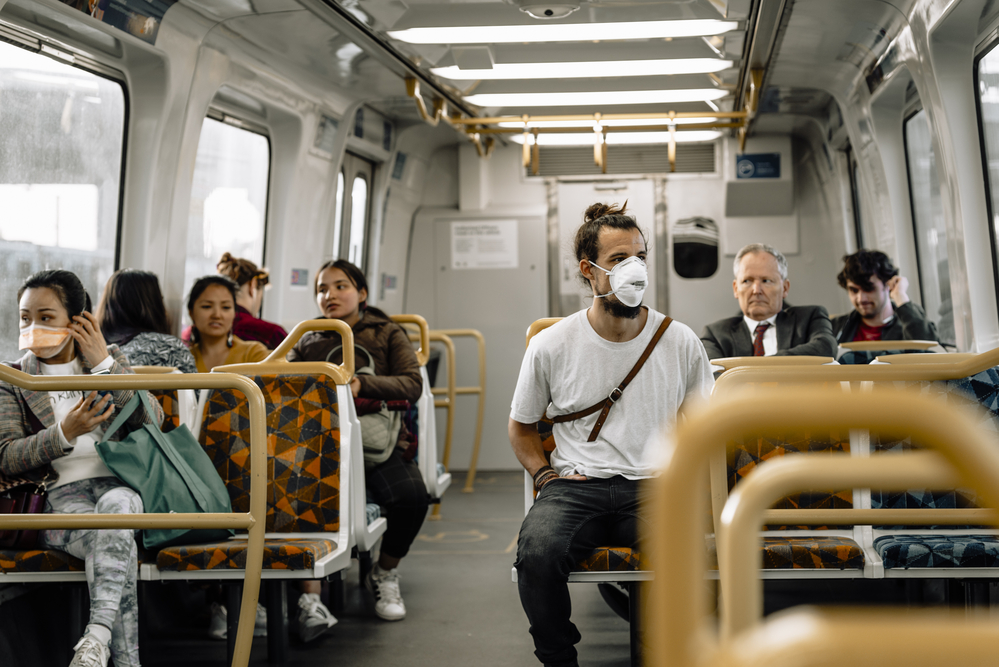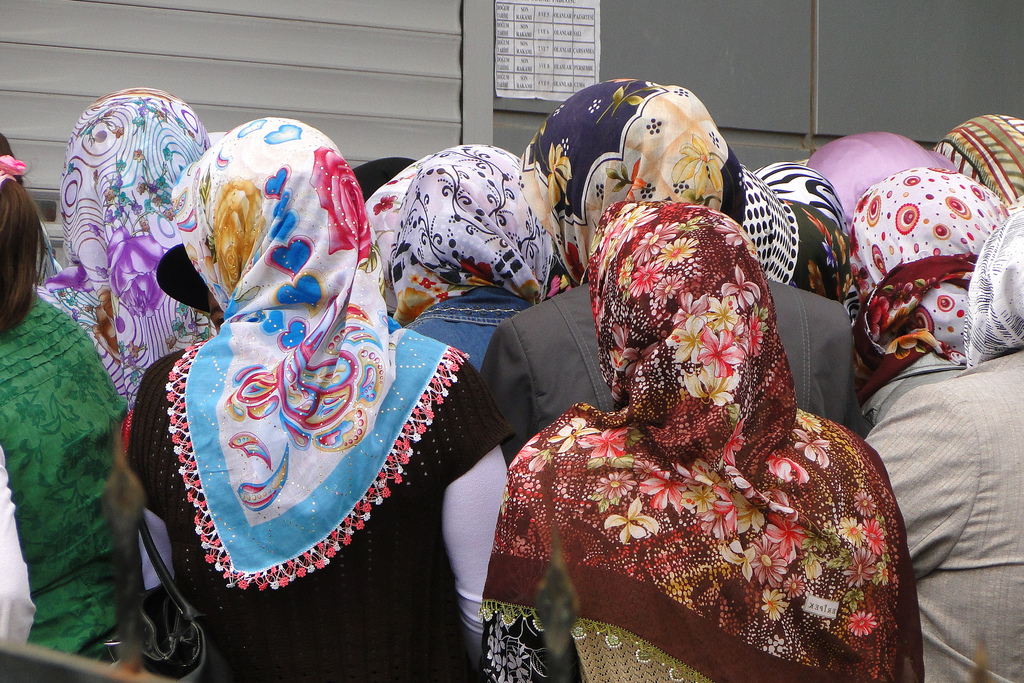In April 2022, the city of Knox, Australia, imposed a “cat curfew” requiring pet cats to be kept on their owners’ premises at all times. The main reason behind this policy was a simple one: our cuddly domestic companions are filled with murderous urges.
On average, a well-fed free-roaming domestic cat will kill around 75 animals per year. As a result, pet cats are responsible for the deaths of around 200 million native Australian animals annually. But the hunting practices that are directly attributable to pet cats are only part of the problem.
The refusal of negligent cat owners to spay or neuter their pets has led to an explosion of the feral cat population (currently estimated to be somewhere between 2.1 million and 6.3 million) in Australia.
A feral cat predates at a much higher rate than a domestic cat, killing around 740 animals per year. Because of this, feral cats are responsible for the deaths of an additional 1.4 billion native Australian animals annually.
And no, this isn’t the “circle of life.” In Australia – as in many parts of the world – cats are an invasive species, dumped by humans into an ecosystem that is ill-prepared to accommodate them. As a result, cats have already been directly responsible for the extinction of 25 species of mammal found only in Australia. This accounts for more than two-thirds of all Australian mammal extinctions over the past 200 years. Cats are currently identified as a further threat to an additional 74 species of mammals, 40 birds, 21 reptiles and four amphibians.
At the time, I argued that the Knox curfew was morally justified on both a consequentialist and a rights-based analysis. Consequentially, any harm suffered by a cat kept under curfew will be vastly outweighed by the protection of individual native animals and the preservation of entire species (not to mention the curbing of other undesirable behaviors like spraying, fighting, and property damage). Alternatively, from a rights-based perspective, it seems acceptable to limit a cat’s right to liberty in order to better respect other animals’ right to life. What’s more, such limitations also better respect the cat’s own right to life.
Free-roaming cats are vulnerable to all kinds of risks, including everything from getting hit by a car, to feline leukemia, to wild animal attacks. As a result, the life expectancy of an outdoor cat is only 2-5 years, while indoor cats live for an average of 10-15 years.
Now, a new study is adding further support to this moral obligation to keep our cats indoors. Conducted over a three-year period, the study analyzed the behaviors of free-roaming domestic cats in the greater Washington, D.C. area. Predictably, cats were found to engage widely with a number of native mammals – including those notorious for harboring zoonotic diseases. The increased risk of contracting such a disease – causing harm not only to the cats themselves, but also to their human families – is just one more reason to keep cats indoors. As author Daniel J. Herrera notes:
While a human would never knowingly open their doors to a rabid raccoon, owners of indoor-outdoor cats routinely allow their cats to engage in activities where they might contract rabies, then welcome them back into their homes at the end of the day.
Such a finding should be particularly troubling during a global pandemic. Cats are, after all, capable of spreading the virus that causes COVID-19. But other diseases are cause for concern too. Cats are the primary vector for Toxoplasma gondii, a parasite that infects between 30-50% of the human population. Toxoplasmosis – the condition resulting from infection with the T. gondii parasite – is of particular concern for expectant mothers, who can pass it on to their unborn child. Around half of babies who are infected with toxoplasmosis will be born prematurely, and may later develop symptoms such as an enlarged liver and spleen, hearing loss, jaundice, and vision problems. Problems occur for adults, too. One in 150 Australians are thought to have ocular toxoplasmosis – the result of an eye infection by the parasite. Around half of these individuals will experience permanent vision loss.
Cats have now also become the top domestic animal source of human rabies – a disease that is 100 percent fatal once symptoms appear. While dogs are traditionally seen as the most likely domestic source of rabies infections, more stringent canine regulation and vaccination programs – coupled with lax attitudes towards cats – has seen felines awarded this questionable accolade.
Ultimately, cats with outdoor access are 2.77 times more likely to be infected with a zoonotic disease (like toxoplasmosis or rabies) than a cat that is kept indoors.
This revelation adds new weight to the arguments in favor of cat curfews. For one, the significant risk to human health provides further support for the consequentialist argument against allowing cats outside. In simple terms: whatever enjoyment cats might have received outdoors is far outweighed by the increased risk of disease that their free-roaming lifestyle creates for their human families. Similar support can be found for the rights-based approach, with it seeming appropriate to prioritize a human family’s rights to good health over a cat’s right to liberty.
What’s more, similar reasoning applies even if we ignore the increased risk to humans. Zoonotic diseases are harmful – and sometimes fatal – for the cats themselves. Given this, it seems reasonable to impose limitations on a cat’s freedom in order to promote its continued health. This argument is made all the more persuasive when we remind ourselves that such limitations come at virtually no cost to a cat’s quality of life. Experts agree that cats do not need to go outside for their mental health, and that it’s possible for a cat to be just as happy indoors. Even the American Veterinary Medical Association recommends that pet cats be kept indoors or in an outdoor enclosure at all times.
Of course, the mental well-being of indoor cats isn’t automatic. As I noted last time, it requires careful, attentive pet-ownership with a focus on indoor enrichment. And this involves a lot more work than simply allowing a cat to roam freely and seek its thrills through property destruction and the decimation of wildlife. This, then, might be what fuels so much of the resistance towards cat curfews like the one in Knox: not genuine concern for the liberty of cats, but simple laziness on behalf of the owners.





